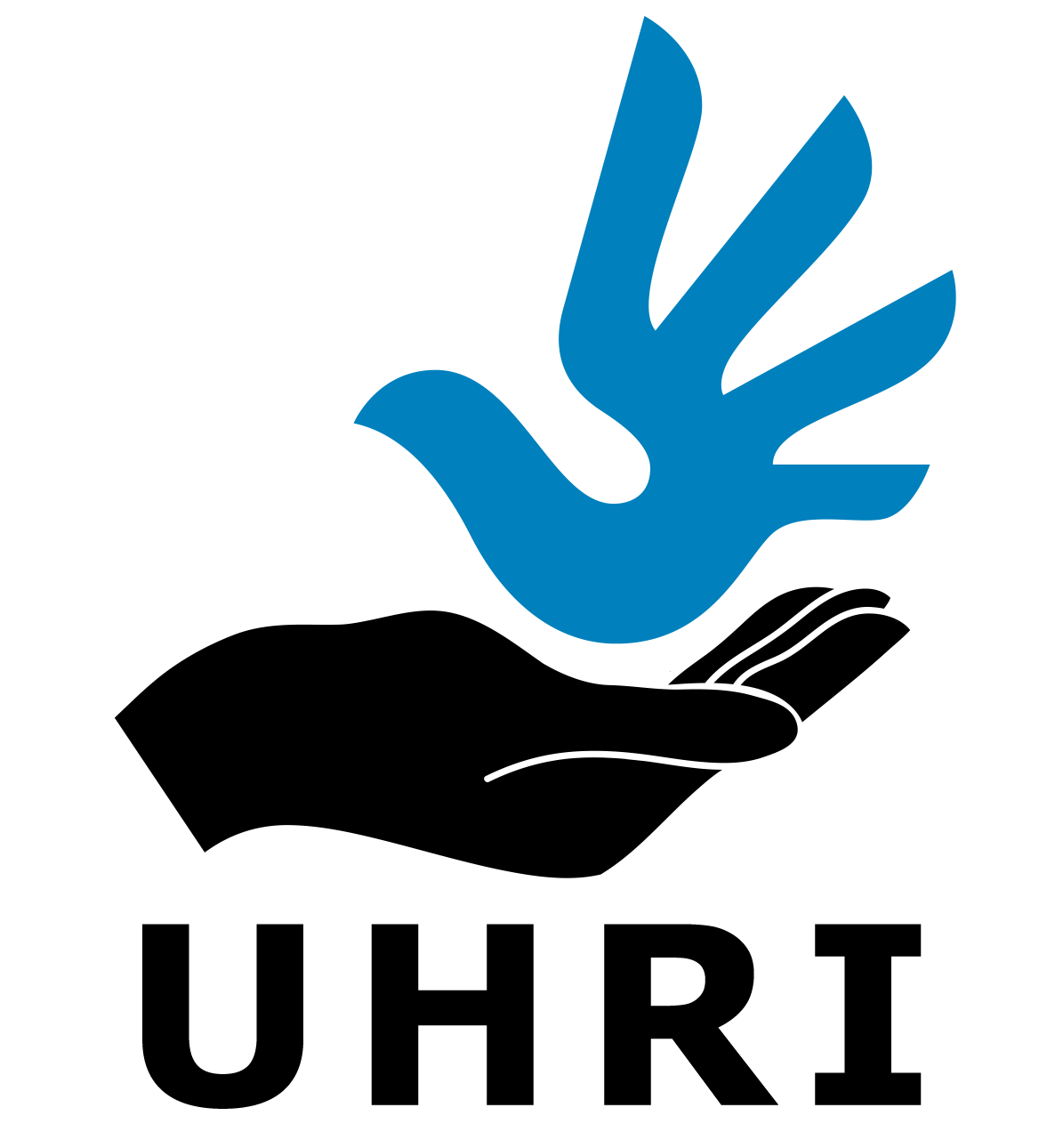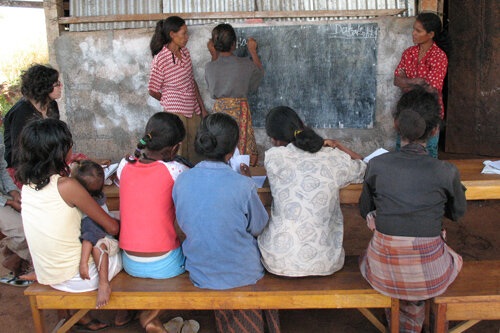
What if everyone knew their basic human rights?
UDHR Audio/Video Project
Human rights information is available,
but not enough people have access to it.
“Appreciation for the amazing work from UHRI and thank you for sending this amazing tool. It really helps us in the process of increasing capacity relate to Human Rights knowledge that we do in some of our member regions.”
The more people are able to access this information, the more empowered they will be in protecting their rights. We see technology as the quintessential tool for spreading information about human rights. UHRI leverages web technologies to increase awareness and accessibility to this information.
Working in partnership with the United Nations and other organizations, this project is recording native speakers reading the Universal Declaration of Human Rights (UDHR) in all of its 500+ translations. Once a recording is made, it's integrated into our UDHR App and YouTube channel, and links are sent to schools and human rights NGOs where that language is spoken. The UDHR App has been viewed in over 175 countries by speakers of 140+ languages. In addition to presenting the UDHR in a more compelling way, the UDHR App makes the UDHR accessible to the hundreds of millions of people who are illiterate or visually impaired.
Plain Language Human Rights
The Plain Language version of the UDHR was created in 1978 as a way to make the Declaration more accessible to children. This version distills the meaning of each of the UDHR's 30 Articles into easily understood language. This is a critical tool for reaching general populations throughout the world for whom the formal language of the official UDHR is too complex. The goal of the Plain Language Human Rights Project is to translate this version of the UDHR into as many languages as possible. These translations are then recorded by native speakers and incorporated into the UDHR App and YouTube channel for distribution to human rights NGOs and schools.
“Thank you very much for ... sharing such an important tool. It will be valuable and useful in SUARAM’s future work and programs.”
Call for Speakers!
People from around the world are contributing to the UDHR project. They provide recordings, translations, presentations and share out the final recordings to organizations in their region. If you are interested in participating in this project, please email us at info@uhri.ngo.
If you are a native speaker and would be interested in recording the Universal Declaration of Human Rights in one of these languages, please contact us at info@uhri.ngo, with “Language recording” in the subject.
Achuar Chicham Achuar-Shiwiar Aja Akan Akan (Akuapem) Akan (Asante) Albanian Altai (Southern) Amahuaca Amarakaeri Arabela Aromanian; Arumanian; Macedo-Romanian Asháninka Ashéninka, Pichis Awa-Cuaiquer Aymara Azerbaijani Bamanankan Baoulé Belarusian Bemba Berber Bicolano, Central Bora Bosnian Breton Bushi Cebuano Central Khmer Chachi Chamorro Chayahuita Cherokee Chichewa; Chewa; Nyanja Chickasaw Chuukese Corsican Dinka Dzongkha Estonian Ewe Fijian Fon Friulian Ga Galician GarÃfuna Georgian Guarani Gujarati Haitian; Haitian Creole Hawaiian Hiligaynon Icelandic Ido Igbo Iloko Kabardian Kanuri Kazakh Khasi Kirghiz; Kyrgyz Komi Kpelle Kurdish Ladino Lao Luba-Lulua Macedonian Madurese Malagasy Maltese Mapudungun Marshallese Mende Mi'kmaq; Micmac Mongolian Nahuatl Navajo; Navaho Ndonga Nepali Nivkh Nyamwezi Nyankole Nzima Oromo Pidgin, Nigerian Pulaar Sinhala; Sinhalese Somali Tajik Telugu Thai Tibetan Tigrinya Tok Pisin Tonga (Chitonga) Totonac, Papantla Tsonga Tswana Turkmen Tuva Tzeltal Tzotzil Uighur; Uyghur Urarina Uzbek Vai Venda Venetian Veps Vietnamese Waray Wayuu Xhosa Yagua Yakut Yanesha' Yanomamö Yao Yapese Yoruba Zapotec (Güilá) Zapotec (Miahuatlán) Zhuang; Chuang


